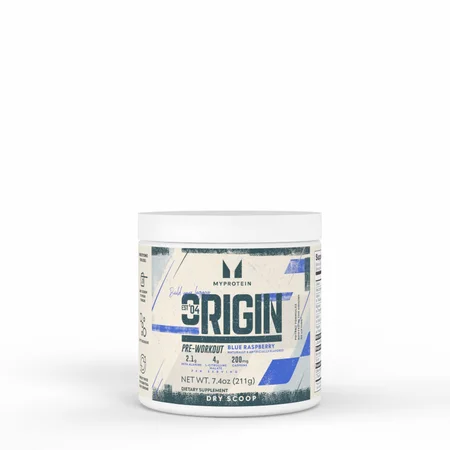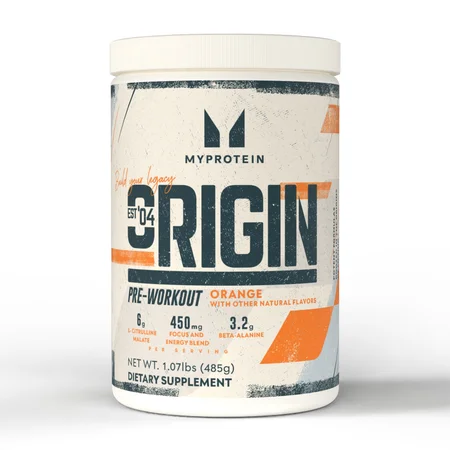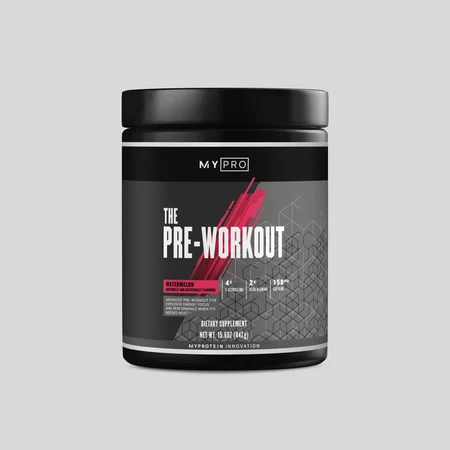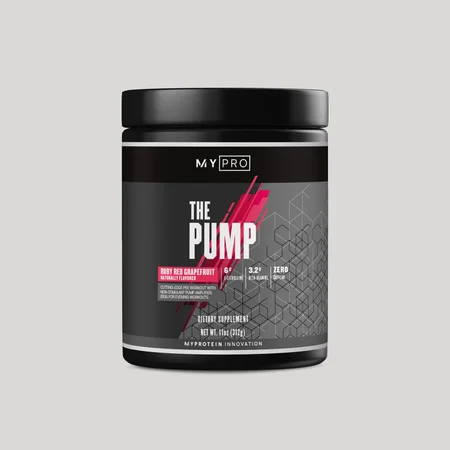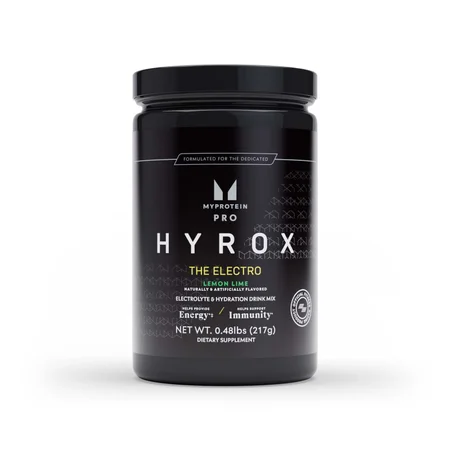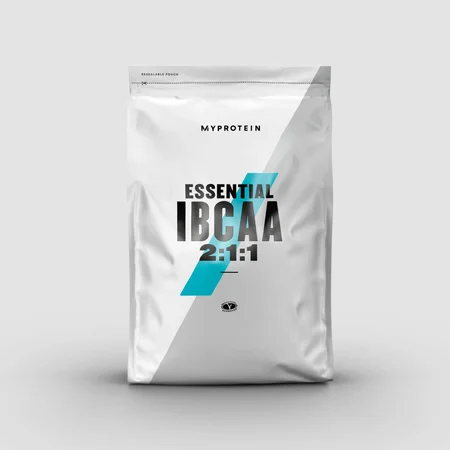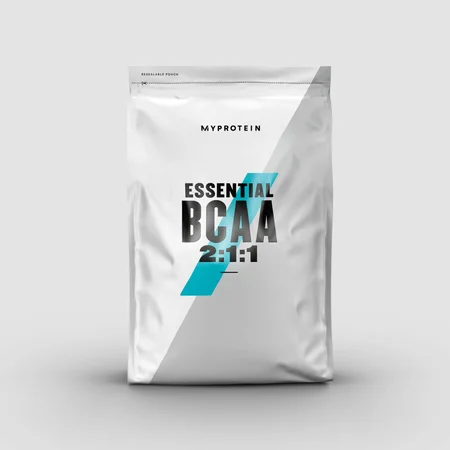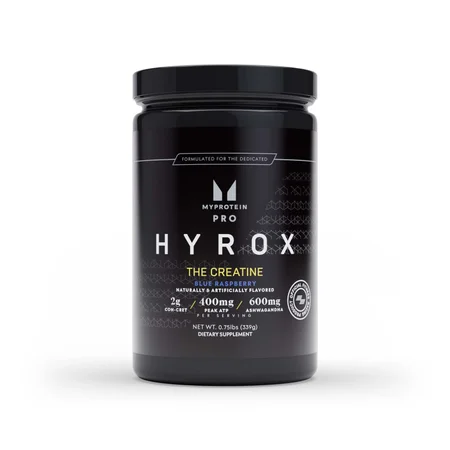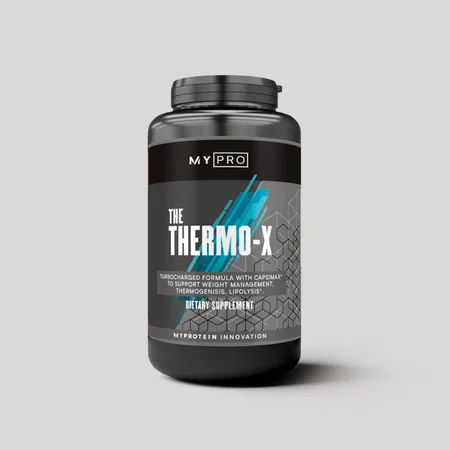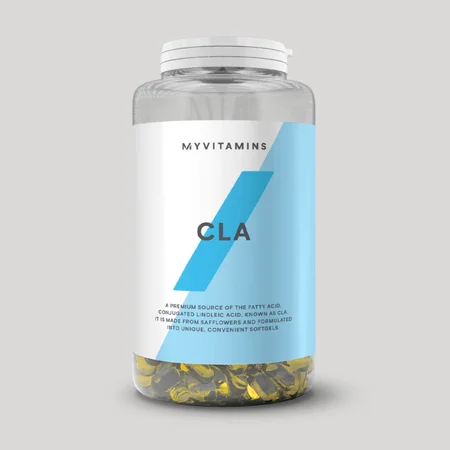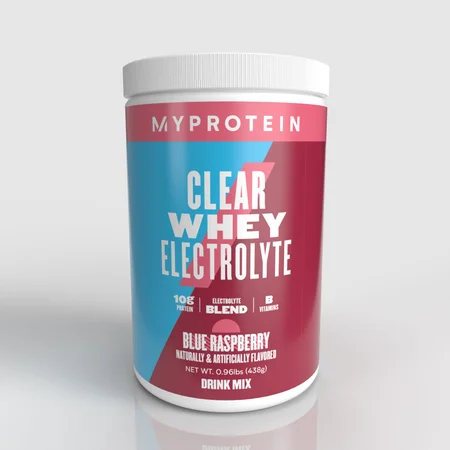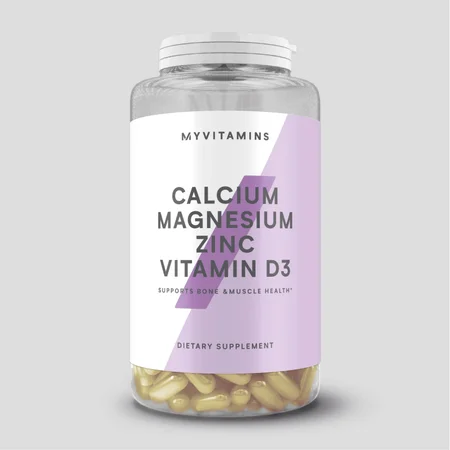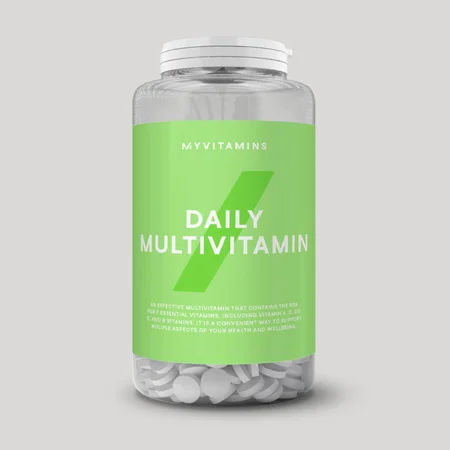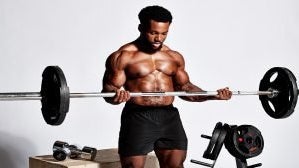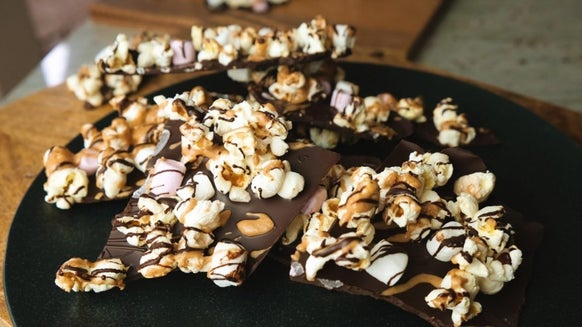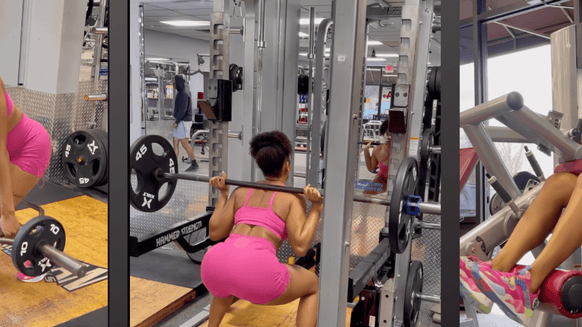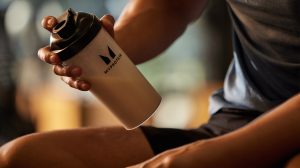
Getting your supplement routine right is crucial to your lifting performance, whether you're a seasoned bodybuilder or just starting out. But it isn’t easy. This guide covers the essentials to help you get the balance right and take your training to the next level. Let’s get started.
- Understanding the Basics
- Pre-Workout Supplements
- Intra-Workout Supplements
- Post-Workout Supplements
- Must-Have Gym Supplements
- Sleep and Recovery Aids
- Adaptogens
- Vitamins and Minerals
- Safety and Efficacy

Understanding the Basics: What Are Supplements?
Supplements add to your diet by boosting your intake of nutrients that might be difficult to get in large quantities from food. For bodybuilders especially, they can play a key role in supporting performance and recovery and promoting muscle growth.1
Available in various forms — most often powders, capsules, and liquids — supplements are tailored to specific needs and goals. Knowing what each supplement does and how it benefits your body is crucial to incorporating them into your routine as part of a balanced diet.
Pre-Workout Supplements: Boosting Energy and Focus
Pre-workout supplements are designed to give you the energy and mental focus needed to tackle intense training sessions. Ingredients like caffeine, beta-alanine, and nitric oxide (NO) boosters work together to increase blood flow, delay fatigue and enhance alertness.2 Adding a pre-workout supplement can ensure you’re mentally and physically prepared to smash each session.
Intra-Workout Supplements: Sustaining Performance
Intra-workout supplements help you maintain performance during training by providing essential nutrients and hydration. Common ingredients like branched-chain amino acids (BCAAs), electrolytes, and carbohydrates help prevent muscle breakdown, maintain hydration, and support muscle function.3
Post-Workout Supplements: Enhancing Recovery and Muscle Growth
Refuelling after a workout is crucial for muscle recovery and growth. Post-workout supplements deliver the nutrients your body needs to repair muscle tissue, reduce soreness, and promote muscle growth.4 Typical ingredients include protein, creatine, HMB, and L-glutamine, all of which help boost muscle repair and growth.
Must-Have Gym Supplements
Protein powders: building blocks for muscle mass
Protein is essential for muscle growth and repair. Protein powders offer a quick, convenient source of high-quality protein that your body can easily absorb. Popular choices include whey, casein, and plant-based proteins like pea and hemp, perfect for a post-workout boost to support muscle repair.
Creatine: powerhouse for strength and endurance
Creatine is one of the most researched and effective sports supplements available. It works by boosting the production of ATP — the primary energy carrier in cells.5 Increased ATP leads to better strength, endurance, and overall performance, allowing you to lift heavier and train harder.6
BCAAs: preserving muscle mass
The branched-chain amino acids (BCAAs) — leucine, isoleucine, and valine — play a key role in muscle protein synthesis and prevent muscle breakdown. Taking BCAAs before, during, or after your workout can help preserve muscle mass and improve performance.
Beta-alanine: delaying muscle fatigue
Beta-alanine increases carnosine levels in muscles, buffering acid buildup during exercise. This helps delay muscle fatigue, allowing you to train longer and harder.7
L-Glutamine: supporting muscle recovery
L-glutamine, the most abundant amino acid in the body, supports faster muscle recovery and reduces soreness after intense workouts.8 Supplementing with L-glutamine helps replenish levels depleted by exercise, supporting recovery and overall health.
Nitric oxide boosters: enhancing blood flow and muscle pump
NO boosters, like L-arginine and L-citrulline, increase blood flow to muscles during workouts.9 The improved blood flow delivers more oxygen and nutrients to the muscles, also leading to what’s known as the “pump”, the swelling of muscles immediately after working out.
Testosterone boosters: enhancing muscle growth naturally
Testosterone boosters, typically containing ingredients like fenugreek, D-aspartic acid, and zinc, may help increase natural testosterone levels, potentially boosting muscle growth, strength, and recovery.
Before taking any supplement to potentially boost your testosterone, it’s recommended to speak to a healthcare provider.
Fat burners: supporting lean muscle definition
Fat burners, containing ingredients like caffeine and green tea extract, can help increase metabolism and promote fat loss.10 When used alongside a proper diet and training, they can help you maintain lean muscle while cutting fat.
Joint support supplements: protecting your body’s foundation
Intense training can put significant stress on your joints. Supplements like glucosamine, chondroitin, and vitamin D help reduce inflammation and maintain joint health, helping to prevent injuries.11
Electrolytes and hydration: maintaining performance
Staying hydrated is essential for performance. In addition to water, it’s also important to replace electrolytes lost through sweat. Electrolytes are minerals — sodium, potassium, magnesium, and calcium are the most common — required by the body to perform various functions, such as muscle contraction, fluid balance, and nerve signalling.12,13
Electrolyte supplements help replenish the minerals lost through sweat, ensuring proper muscle function and preventing cramps and fatigue.14
Sleep and Recovery Aids: Optimizing Rest and Growth
Quality sleep is crucial for muscle recovery. Supplements like ashwagandha, magnesium, and ZMA help improve sleep quality, allowing your body to recover and build muscle more effectively.15
Adaptogens: Managing Stress and Enhancing Recovery
Adaptogens — natural substances that help the body adapt to stress and promote overall well-being — like ashwagandha and rhodiola rosea, may help the body respond to stress, promote recovery, and improve focus, making them a valuable addition to any supplement stack.16
Vitamins and Minerals: Essential Micronutrients for Bodybuilders
Vitamins and minerals are vital for overall health as much as performance.17 Key micronutrients for bodybuilders like vitamin D, B12, iron and magnesium support energy production, immune function and muscle health. A high-quality multivitamin can help ensure you meet your daily nutrient needs.
Safety and Efficacy: Choosing the Right Supplements
When choosing supplements, focus on your specific goals and select products backed by scientific research. Remember, always consult a healthcare professional before taking new supplements, especially if you have any underlying health conditions.
Take Home Message
For bodybuilders, supplements can provide a helping hand for performance, recovery, and muscle growth. But they’re only one piece of the puzzle. A balanced diet, consistent training, and adequate rest are just as important for achieving your muscle-building goals.
FIND MORE HERE:

What Is Creatine? | Benefits, Dosage, & Side Effects
Cutting through the noise to provide you with the facts......

How To Build Muscle | 9 Top Supplements For Bulking
Need a helping hand to make those extra gains?...
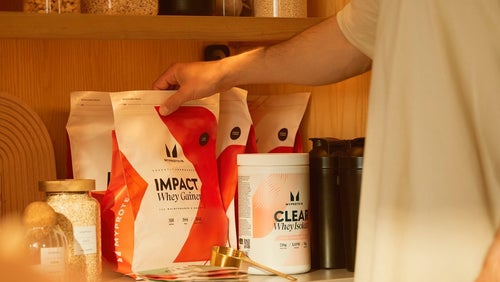
The 8 Best Supplements For Muscle Gain
Is growing muscle on your agenda? Then you've probably considered supplements – ...

- Jiménez-Martínez, P., Alix-Fages, C., Helms, E.R., Espinar, S., González-Cano, H., Baz-Valle, E., Janicijevic, D., García-Ramos, A. and Colado, J.C., 2024. Dietary supplementation habits in international natural bodybuilders during pre-competition. Heliyon.
- Harty, P.S., Zabriskie, H.A., Erickson, J.L., Molling, P.E., Kerksick, C.M. and Jagim, A.R., 2018. Multi-ingredient pre-workout supplements, safety implications, and performance outcomes: a brief review. Journal of the international society of sports nutrition, 15, pp.1-28.
- Salem, A., Trabelsi, K., Jahrami, H., AlRasheed, M.M., Boukhris, O., Puce, L., Bragazzi, N.L., Ammar, A., Glenn, J.M. and Chtourou, H., 2023. Branched-Chain Amino Acids Supplementation and Post-Exercise Recovery: An Overview of Systematic Reviews. Journal of the American Nutrition Association, pp.1-13.
- Winter, K., 2023. Maximizing Muscle Recovery: The Role of Post-Workout Nutrition. Nutrition.
- Cooper, R., Naclerio, F., Allgrove, J., & Jimenez, A. (2012). Creatine supplementation with specific view to exercise/sports performance: an update. Journal of the International Society of Sports Nutrition, 9(1), 33. https://doi.org/10.1186/1550-2783-9-33.
- Volek, J.S., Duncan, N.D., Mazzetti, S.A., Staron, R.S., Putukian, M., Gomez, A.L., Pearson, D.R., Fink, W.J. and Kraemer, W.J. (1999). Performance and muscle fiber adaptations to creatine supplementation and heavy resistance training. Medicine and science in sports and exercise, 31(8), pp.1147-1156.
- Abbasi, A., Riyahi Malayeri, S. and Mousavi Sadati, S.K., 2021. Effect of beta-alanine supplementation on carnosine amount and muscle strength of the upper and lower extremities of bodybuilding athletes. Journal of Sports Physiology and Athletic Conditioning, 1(1), p.11.
- DuBourdieu, D., 2021. Glutamine supplementation: hope, hype, or stay tuned?. In Nutraceuticals (pp. 1027-1036). Academic Press.
- Gonzalez, A.M. and Trexler, E.T., 2020. Effects of citrulline supplementation on exercise performance in humans: A review of the current literature. The Journal of Strength & Conditioning Research, 34(5), pp.1480-1495.
- Westerterp-Plantenga, M.S., 2010. Green tea catechins, caffeine and body-weight regulation. Physiology & Behavior, 100(1), pp.42-46.
- Colletti, A. and Cicero, A.F., 2021. Nutraceutical approach to chronic osteoarthritis: from molecular research to clinical evidence. International Journal of Molecular Sciences, 22(23), p.12920.
- Shrimanker, I., & Bhattarai, S. (2019). Electrolytes.
- Madhavan Unny, N., Zarina, A., & Beena, V. (2023). Fluid and Electrolyte Balance. In Textbook of Veterinary Physiology (pp. 193-211). Singapore: Springer Nature Singapore.
- Rowlands, D. S., Kopetschny, B. H., & Badenhorst, C. E. (2022). The hydrating effects of hypertonic, isotonic and hypotonic sports drinks and waters on central hydration during continuous exercise: a systematic meta-analysis and perspective. Sports Medicine, 1-27.
- Bulman, A., D’cunha, N.M., Marx, W., McKune, A.J., Jani, R. and Naumovski, N., 2021. Nutraceuticals as potential targets for the development of a functional beverage for improving sleep quality. Beverages, 7(2), p.33.
- Amir, M., Vohra, M., Raj, R.G., Osoro, I. and Sharma, A., 2023. Adaptogenic herbs: a natural way to improve athletic performance. Health Sciences Review, p.100092.
- Godfrey, D. and Richardson, D., 2002. Vitamins and minerals for health. British Food Journal, 104(11), pp.913-933.
